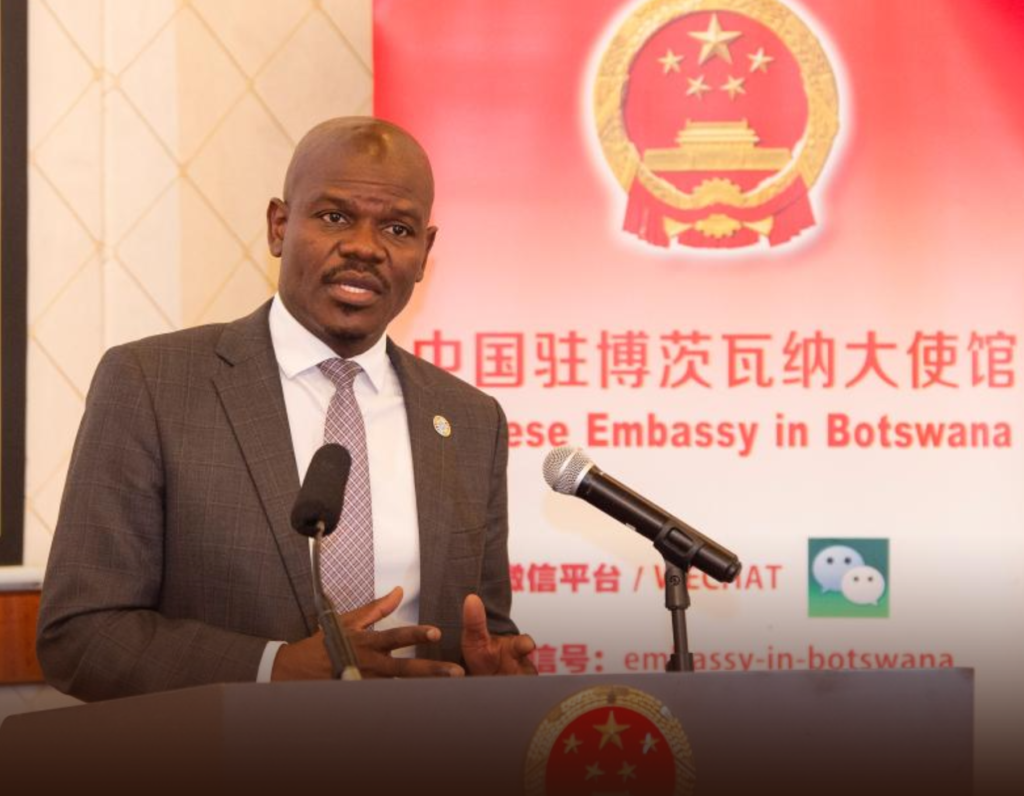In a renewed display of solidarity and ambition, the mayor of Gaborone has pledged to deepen cooperation with Chinese municipal partners, signaling fresh momentum for China-Botswana collaboration at the local-government level. Oarabile Motlaleng made the announcement during a November 21 dialogue at the Chinese Embassy in Botswana, where he praised China’s rapid progress in infrastructure, environmental management, and solar-energy deployment.
Motlaleng, reflecting on a recent October visit by his delegation to Fujian Province and Linyi in Shandong Province, described the trip as “fruitful,” emphasising its potential to open up business, investment, and job-creation opportunities for both Gaborone and Chinese cities.
Chinese Ambassador to Botswana Fan Yong underscored the importance of local-government cooperation. Marking the 50th anniversary of diplomatic ties between the two nations, he noted that municipal engagement is “one of the key pillars” of their bilateral relationship, vital for enhancing regional development, boosting governance capacity, and elevating public welfare.
The renewed focus on sub-national cooperation comes amid broader momentum in China-Botswana relations. Earlier in 2025, the two governments signed a comprehensive economic and technical cooperation agreement to deepen collaboration under the framework established at the 2024 Summit of the Forum on China-Africa Cooperation (FOCAC).
Meanwhile, on the ground in Botswana, Chinese partnerships are already visible. In the renewable-energy sector, a Chinese consortium is building a 100 MW solar power plant in Jwaneng, aimed at helping the country reach its renewable-energy goals.
In public health and education, China has over the years contributed medical teams, built schools in several towns and rural areas, and supported technical training, reaching thousands of Batswana and reinforcing people-to-people connections.
With Gaborone’s municipal government now signalling readiness to partner directly with Chinese city and provincial governments, the expectation is clear: more joint projects across infrastructure, sustainable energy, urban planning, trade, and community development.
As both countries look ahead, this renewed embrace at the city level reflects a maturing partnership – one that combines big plans with local action, and global ambition with everyday impact.




